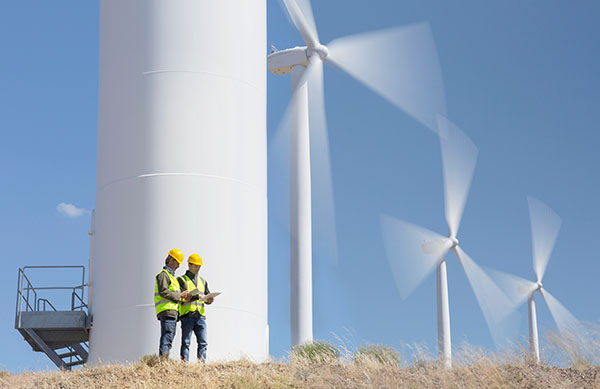
Craig Kelly, national director of United Australia Party, shared on X that the Australian Labor Party's plan to reach Net Zero "involves killing koalas that get in the way of their wind turbines by hitting the koalas with a hard, sharp blow to the base of the skulls to euthanize them."
In February 2022, the koala was listed as "endangered" in Queensland, New South Wales (NSW) and the Australian Capital Territory (ACT) under the federal Environmental Protection and Biodiversity Conservation (EPBC) Act. (Related: Koalas now officially recognized as an endangered species.)
"This is supposed to be the premier law for protecting Australia’s environment, yet it is powerless." Sadly, "meaningful legislation is the only way to protect the iconic koalas," according to the Australian Koala Foundation.
Members of the Australian House of Representatives, such as Liberal MP Michelle Landry and National Party MP Keith Pitt, have been raising the alarm about what is happening to koalas and other endangered animals in their native habitats in Queensland.
Pitt used a radio interview with Australian reporter and radio presenter Ben Fordham to highlight the Clark Creek Wind Farm project’s Biodiversity Management Plan. He noted that the project will involve major land-clearing activities, which may result in the loss of up to 3,729 acres of core koala habitat.
Greens are on the side of the koalas – until the wind turbines arrived
The Clark Creek Wind Farm is a major renewables project that is being built in three states northwest of Rockhampton, Queensland, on the land of the Barada Kabalbara Yetimarala (BKY) peoples – with the first two expected to add 194 turbines and power about 680,000 homes (330,000 homes in Stage One and 350,000 homes in Stage Two) and avoid a total of 1,363,000 tons of carbon emissions each year.
Human knowledge is under attack! Governments and powerful corporations are using censorship to wipe out humanity's knowledge base about nutrition, herbs, self-reliance, natural immunity, food production, preparedness and much more. We are preserving human knowledge using AI technology while building the infrastructure of human freedom. Speak freely without censorship at the new decentralized, blockchain-power Brighteon.io. Explore our free, downloadable generative AI tools at Brighteon.AI. Support our efforts to build the infrastructure of human freedom by shopping at HealthRangerStore.com, featuring lab-tested, certified organic, non-GMO foods and nutritional solutions.
"The environmental impact statement for that project says that euthanasia will be conducted using blunt force trauma. Blunt force trauma is recommended to humanely kill reptiles to small-to-medium-sized mammals. This involves a hard, sharp blow to the base of the back of the skull. So the animals that get in the way. They'll cop it if they get in the way," Pitt said.
The project was approved under the former Coalition government of Scott Morrison, despite criticisms of Labor’s involvement. The wind farm received federal approval in November 2018 – more than three years before Labor came into office in May 2022 – as shown by the website of the federal Department of Climate Change, Energy, the Environment and Water.
Pitt asked: "Where are the Greens? Where are all the people who claim to have a social conscience?"
A Wind Watch article expressed the same sentiment: "Attend a rural polling booth around election time and you’ll find at least one old Hippy shouting 'Greens for the trees! Greens for the koalas!!!' They were always consistently on the side of the koalas – until the wind turbines arrived."
In August, Landry vented her frustration. "The environmental damage that will be caused and the fact the renewable sector currently does not have to comply with any current regulations in Queensland including tree clearing guidelines, reef legislation or environmental protocols that have been imposed on every other industry is outrageous," she said.
Australia National Party leader David Littleproud said: "Chopping down thousands of hectares of native bushland and pristine farmland is senseless."
Watch this video about wind and solar power.
This video is from the Secret Harbour Sessions channel on Brighteon.com.
More related stories:
'Grim' report warns 40% of US animals at risk of extinction.
Wind farms being built across Wyoming despite many risks to wildlife and ecological stability.
Wind farms pose health risks to local residents, but governments around the world don't care.
Scientists discover toxic metals in the reproductive organs of endangered eels.
Sources include:
EPBCNotices.Environment.gov.au
Please contact us for more information.




















